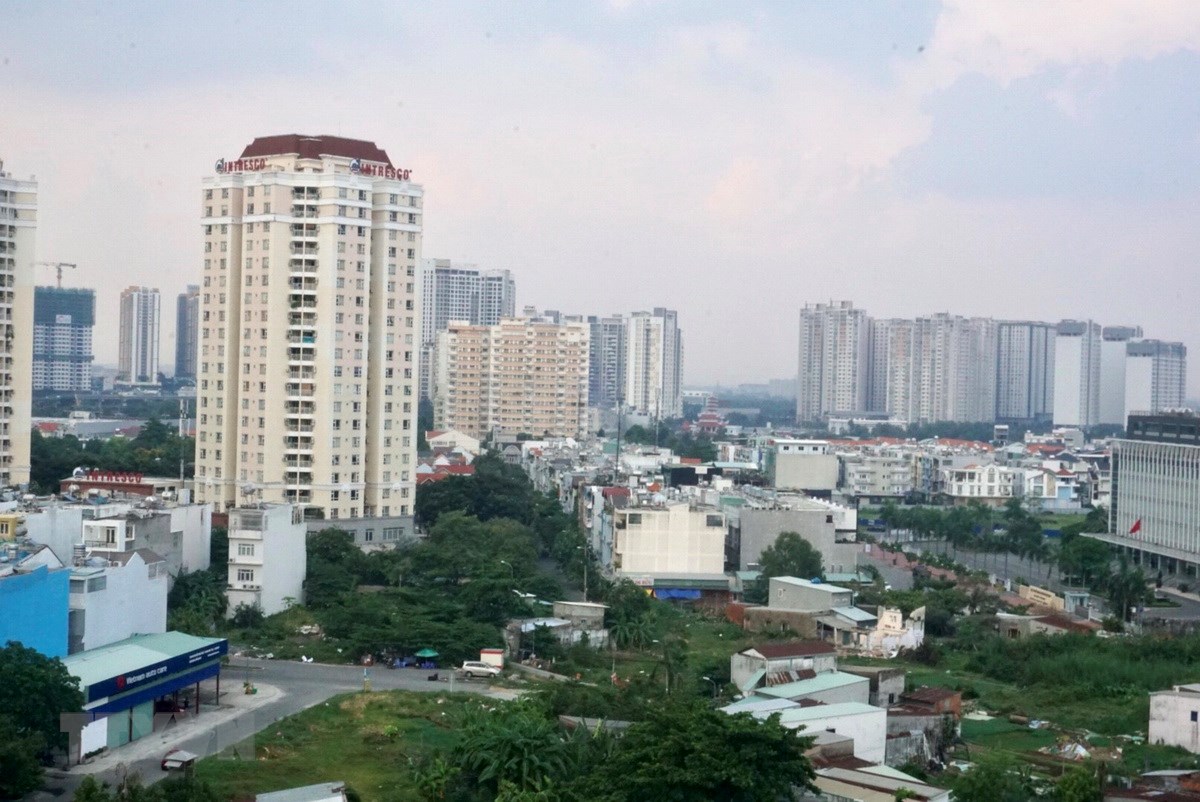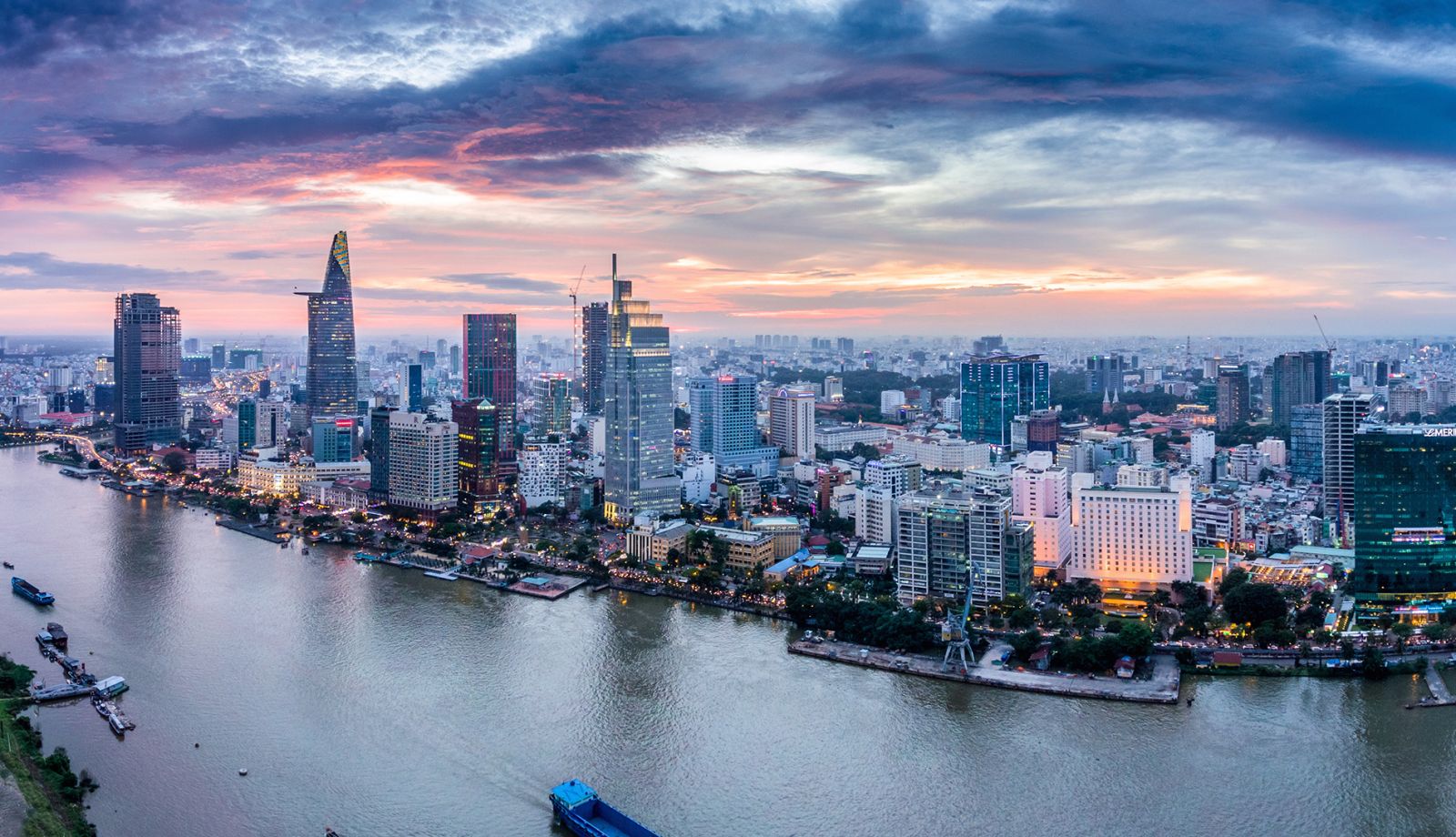
The policy program is World Bank’s first budget support operation to a sub-national entity in Vietnam.
The World Bank board of executive directors has approved a $125-million credit to assist Ho Chi Minh City in strengthening its institutional foundations for sustainable urban development.
This is the WB’s first budget support operation to a sub-national entity in Vietnam, marking a strategic shift in the bank’s engagement at the sub-national level from sector-specific investments to supporting cross-cutting policy and institutional reforms, the WB said in a recent press release.
The policy programme aims to remove institutional bottlenecks to enable Vietnam’s largest city and economic powerhouse to address some of its most pressing urban governance challenges. As a key growth pole driving economic modernisation and generating 21 percent of Vietnam’s GDP, the benefits of reforms in HCM City are expected to go beyond the city to the wider economy.
Ousmane Dione, the World Bank chief Vietnam, stated that Ho Chi Minh City is facing a host of serious urban challenges as an emerging global megacity and commercial hubs with significant opportunities.
“Successful management of rapid urban growth requires effective and integrated urban governance as well as adequate investment in urban infrastructure and service delivery. Such interventions will have to be met within a constrained fiscal environment, reinforcing the urgent need for efficient resource mobilisation and allocation,” he added.

The 125 million USD credit is aimed to assist Ho Chi Minh City to strengthen the institutional foundations for sustainable urban development.
The policy program is designed to institute integrated cross-sectoral reforms in areas that are crucial for the city’s urban development including land use planning, fiscal governance, wastewater management, public transport and economic competitiveness.
The program is structured around three pillars: integrated and transparent spatial information for urban management; strengthened management of public assets and liabilities; and enhanced delivery of priority municipal services.
This is the first time a citywide, integrated policy dialogue has been established to ease coordination among the city’s various departments and contribute to the design and timely adoption of critical institutional reforms.
The credit is provided by the International Development Association (IDA), a financial institution of the World Bank that offers concessional loans and grants to the world’s developing nations.


















